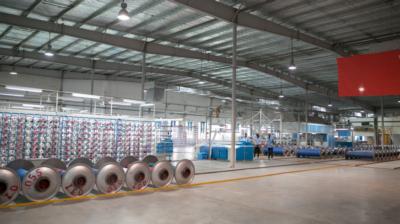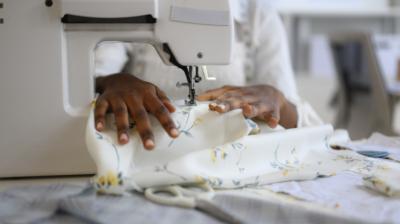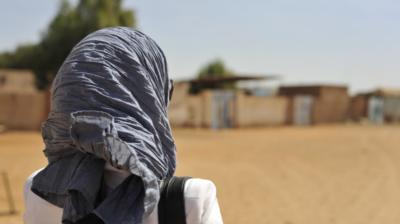[UMB (NFR)-Youth Groups for Sustainable Development: Lessons from the Ethiopian ]
Youth unemployment is a growing challenge in many countries. It causes frustrations, social problems, growth in unwanted migration, and victimization of growing numbers of desperate youth. Youth employment is crucial to prevent many social problems such as slum development, increasing crime rates, social instability and recruitment to terror organizations. This project is of particular relevance for Sustainable Development Goal (SDG) as it focuses on job creation of landless and jobless poor youth through an innovative public-private partnership model for formation of formal youth groups as livelihood businesses, and for SDG 5 as it focuses on empowerment of female youth in youth business groups.
The Ethiopian government has taken a pro-active stance through the mobilization and formalization of youth groups. Engaging youth in groups as environmental custodians (by granting them resources) as a formalized business option is the unique and innovative idea. Each group elects a board of five members, establishes its own bylaws, develops a business plan that has to be accepted by the local government, and is subject to regular auditing. This youth group model has been scaled up in Tigray Region in Ethiopia since 2011. This research aims to identify factors that determine the performance and sustainability of the formal groups as a business and livelihood option. A combination of repeated surveys, lab-in-the-field Experiments, randomized control trials (RCTs), and in-Depth qualitative studies will be used to draw policy-relevant lessons in a number of specific areas.




